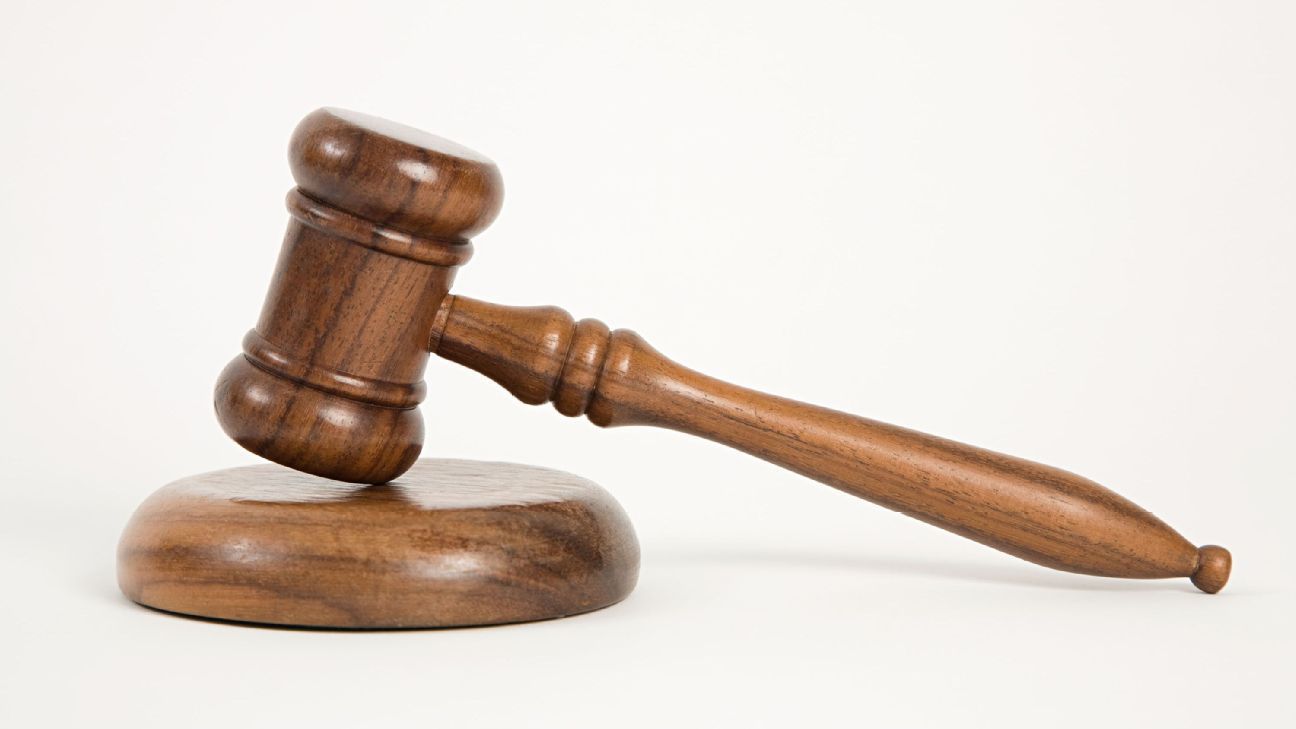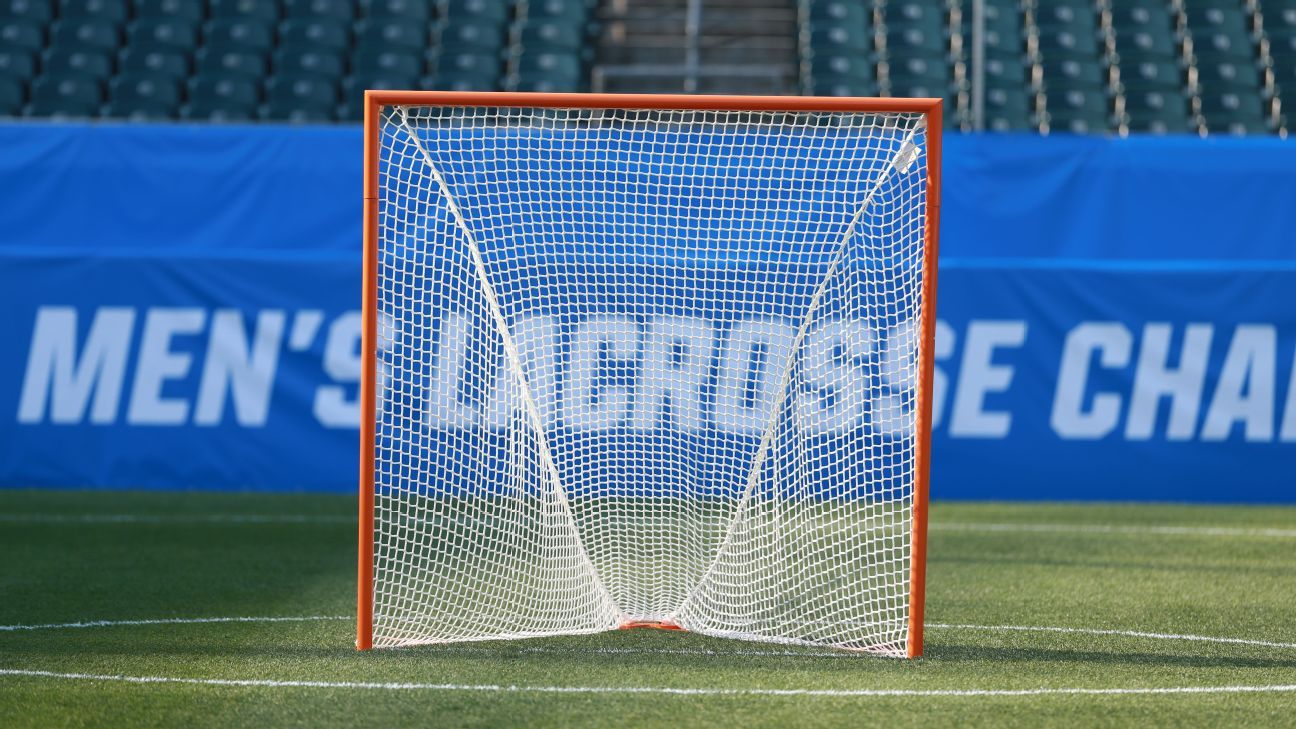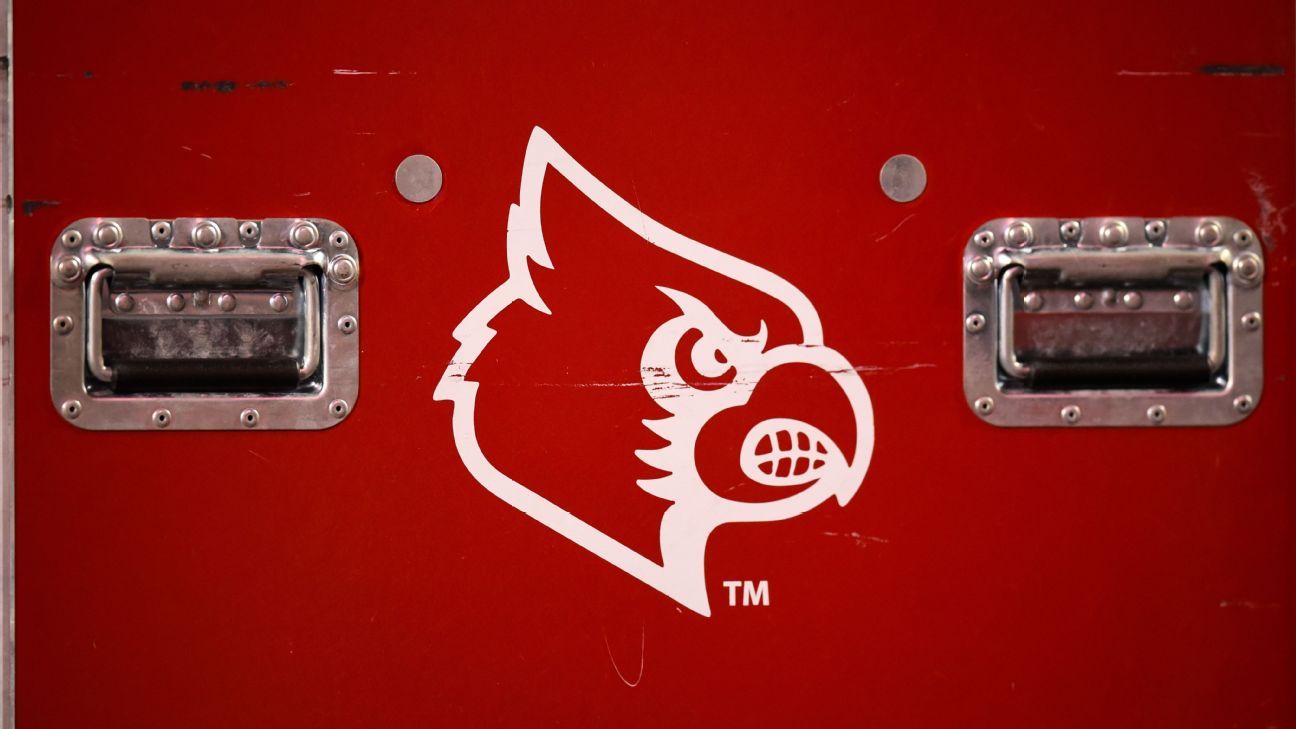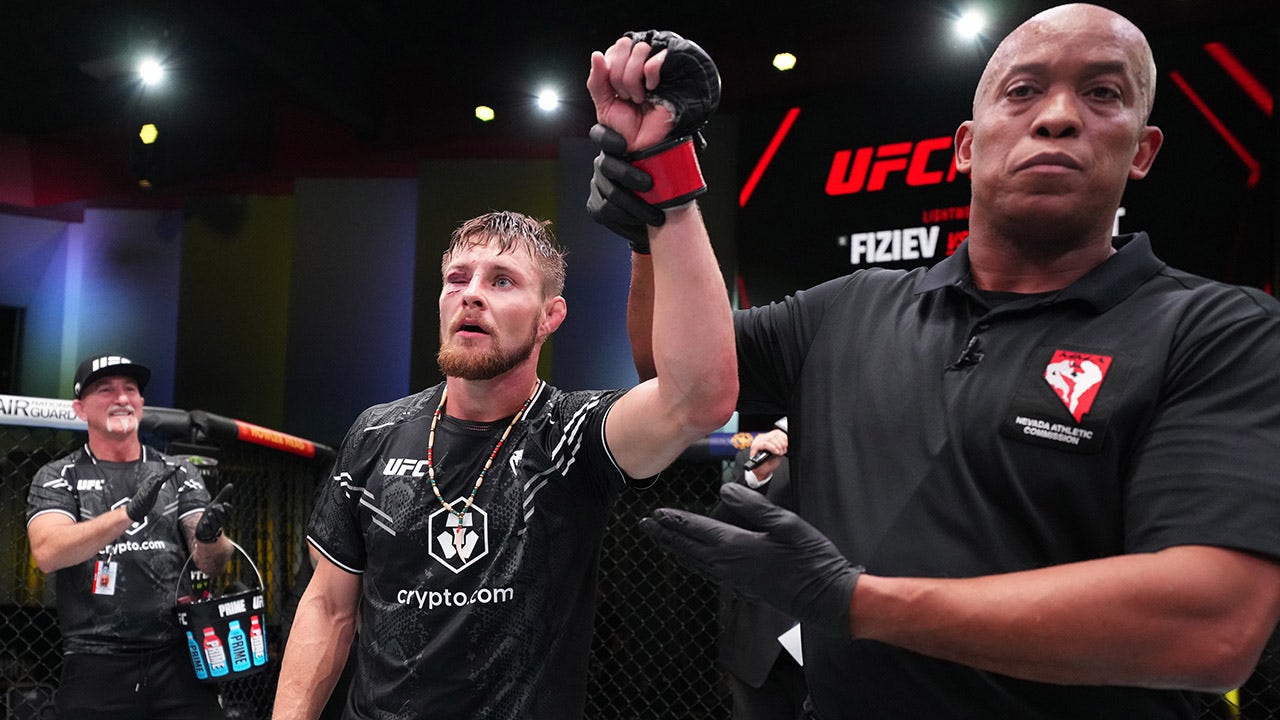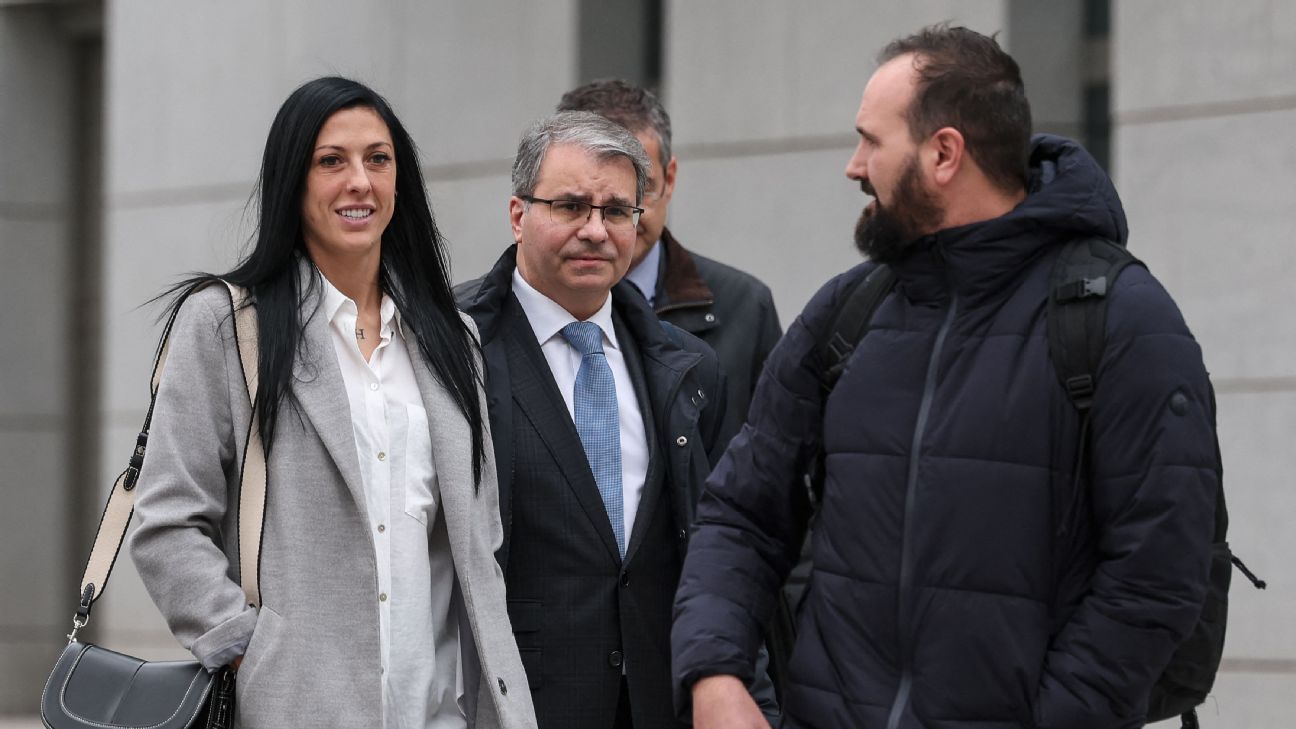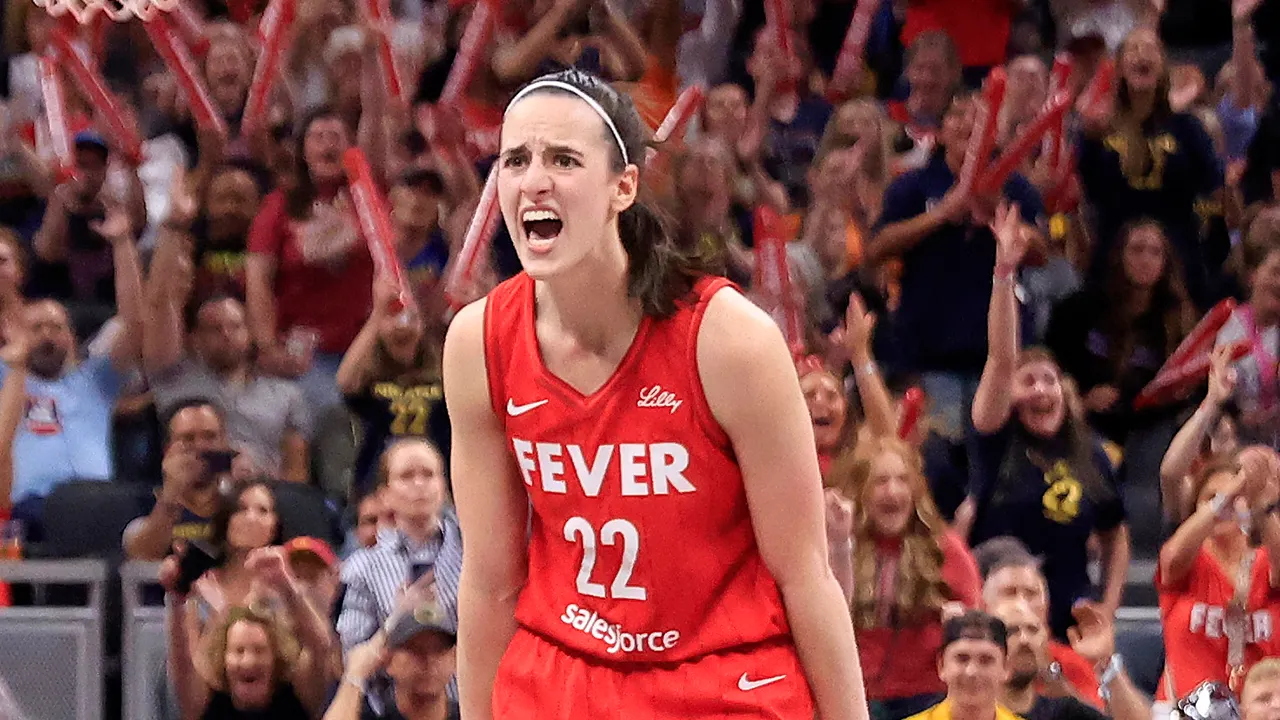A federal lawsuit filed by more than 35 Iowa college athletes against state investigators was dismissed Wednesday, as a judge ruled that the investigators had immunity from obtaining the athletes' sports betting data, even though their search would be classified as unconstitutional.
In April 2024, current and former athletes from the University of Iowa, Iowa State and Ellsworth Community College filed the lawsuit, alleging that state criminal investigators violated their constitutional rights by using geolocation software, without a warrant, to track activity on their cellphones from inside the schools' athletic facilities. The investigation resulted in some criminal charges, but more so in the loss of NCAA eligibility, which ended the college careers of several athletes.
Agents from the Iowa Department of Public Safety's Criminal Investigation Division had access to geolocation software through the Canadian company GeoComply, which tracks users of major online sports books such as DraftKings and FanDuel. The athletes' lawsuit alleged that while search warrants were obtained for their cell phones, those warrants were “invalid and unconstitutional” because the information used to justify them was acquired without a court order.
U.S. District Judge Rebecca Goodgame Ebinger wrote in her ruling that the state's search was unconstitutional when applying Fourth Amendment principles, but that DCI investigators had qualified immunity because the plaintiffs' rights had not been clearly established at the time of the investigation. Seven Iowa officials were named in the lawsuit, including DCI Special Agent Brian Sanger, who led the investigation into athlete betting.
“Plaintiffs do not cite any controlling authority or a solid body of persuasive authority that clearly establishes this right, nor could they do so,” Ebinger wrote. “The ability to surveil a person's historical geolocation data using an app's verification system is novel, and courts have yet to reach a consensus on the constitutionality of such searches.”
He later added: “Because the unconstitutionality of the historical geolocation searches conducted by the defendants was not clearly established, the defendants are entitled to qualified immunity.”
Ebinger also ruled that the state had immunity from obtaining subpoenas for information from defendants even if the search was unconstitutional, since those rights had not been established at the time. And because match-fixing is a felony in Iowa, the subpoenas “had a legal purpose,” he wrote in the ruling.
“The Court found that the defendants violated our clients' rights; however, it dismissed the case due to the judicially created doctrine of qualified immunity,” one of the plaintiffs' attorneys, James Roberts, said in a statement. “The clearly established aspect of qualified immunity allows the government to violate constitutional rights as long as it does so in a new and exciting way. Whether they conducted an illegal search with a flashlight, a K-9, or new technology (as in this case), an illegal search is just that: an illegal search. The government should not get caught up on a technicality, simply because there is no case that tells them they cannot use this technology to violate people's rights. The advancement of technology should not, and must not, result in erosion of our constitutional rights. We will do everything in our power to prevent that from happening. We will appeal this ruling to the United States Court of Appeals for the Eighth Circuit and are prepared to take this case to the United States Supreme Court.”
Sixteen of the plaintiffs in the federal case faced criminal charges and 12 of them pleaded guilty to underage gambling. Four athletes were charged with identity theft, a felony, but their cases were dismissed after Story County prosecutors, responding to arguments raised by defense attorneys, filed a motion noting that new evidence showed state investigators “exceeded the scope of permitted use” of the GeoComply program.
The athletes' betting data included some bets on events involving their teams or others at their schools, or professional sports games. The NCAA banned all such betting.
The Iowa attorney general's office had no comment when asked about the firing.

